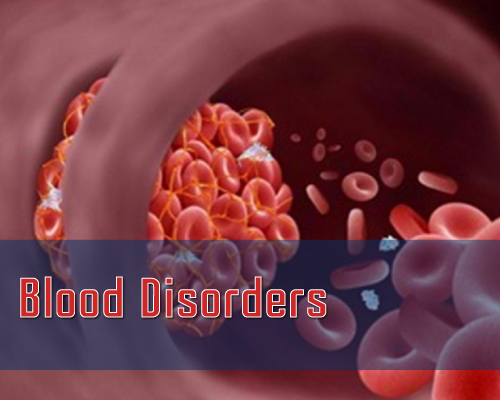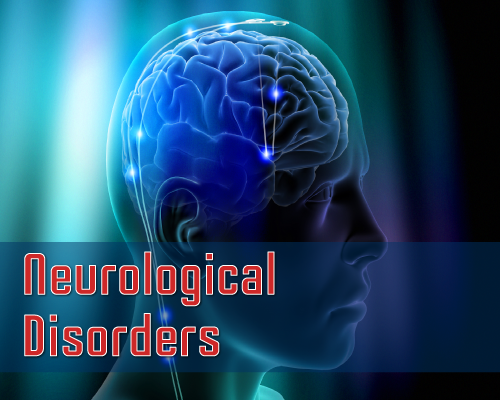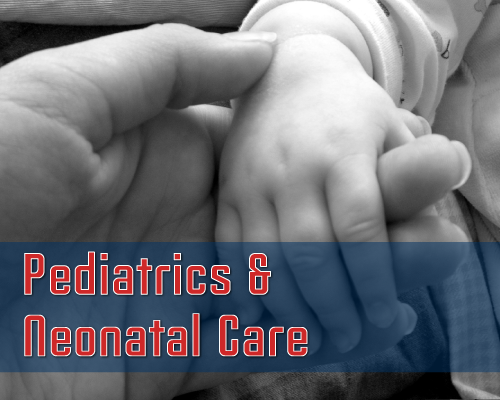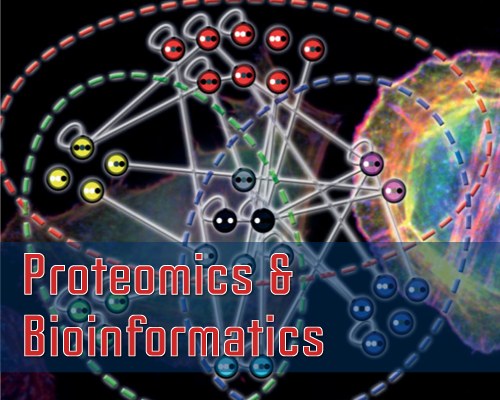Volume 1 Issue 1
Research Article: Association of Neuropsychiatric Symptoms with Temporopolar Cortex Atrophy in Cognitive Deficits
Ana M. Insausti, Pedro Abizanda, Leonor Maicas, Beatriz L. Ramos, Francisco Mansilla, Emilio A. Perula*, Maria del Mar Ubero and Ricardo Insausti
Background: The temporopolar cortex is an extensive cortical region strongly interconnected with different cortical and subcortical structures. The medial temporal lobe atrophy, including the temporopolar cortex changes, represents a clear indication of cognitive dysfunction, often present in neurodegenerative and psychiatric illnesses. Thus, neuropsychiatric symptoms are common in Mild Cognitive Impairment (MCI) and Alzheimer's Disease (AD) patients, which worsen the quality of life and the burden of caregivers.
Methods: Twenty-three patients with MCI (n = 9) and AD (n = 14), and age and sex matched controls (n = 12) were examined with a neuropsychological evaluation. The MRI parcellation of the temporopolar cortex, in conjunction with the stereological assessment of the temporopolar cortex volume was used for correlation analysis with neuropsychiatric symptoms in patients with MCI and AD.
Results: Temporopolar cortex volume decrease in MCI (-6%), and AD (-11%) relative to control cases. Delusions, agitation, apathy, disinhibition and irritability correlated with smaller temporopolar cortex volumes. The volume of the temporopolar cortex decreases when there are neuropsychiatric symptoms, with statistical significance in psychotic and behavioral symptoms, while affective symptoms are not.
Conclusions: The correlation between neuropsychiatric symptoms and temporopolar cortex volume show an association of neuroanatomical changes and symptoms which have clinical relevance. In addition, the temporopolar cortex volume assessment could be contribute to the differential diagnosis of cognitive deficits in MCI and AD.
Cite this Article: Insausti AM, Abizanda P, Maicas L, Ramos BL, Mansilla F, et al. Association of Neuropsychiatric Symptoms with Temporopolar Cortex Atrophy in Cognitive Deficits. Int J Brain Disord Ther. 2017;1(1): 006-013.
Published: 07 September 2017
Case Report: The First Reported Case of Acute Ischemic Stroke Treated with Tissue Plasminogen Activator at Mansoura University, Egypt
Ahmed Farouk Donia*, Nourelsabah Mohamed Elbialy, Nada Abdelhameed Elsaid Rasha Hamed Abouelenein
Recombinant Tissue Plasminogen Activator (rt-PA) is the standard of care for treatment of acute ischemic stroke. Nevertheless, its widespread use in Egypt is hindered by many factors. We report on the first case of acute ischemic stroke to be treated with rt-PA at our University hospitals. She received rt-PA 4 hours and 20 minutes after the onset of symptoms despite the occurrence of stroke inside the hospital and the availability of rt-PA. The patient showed partial improvement after 3 months. We hope that public and medical staff awareness as well as our developing experience relative to treatment of acute ischemic stroke would improve over time allowing for avoidance of long-term suffering of these patients.
Cite this Article: Donia AF, Elbialy NM, Elsaid NA, Abouelenein RH. The First Reported Case of Acute Ischemic Stroke Treated with Tissue Plasminogen Activator at Mansoura University, Egypt. Int J Brain Disord Ther. 2017;1(1): 003-005.
Published: 05 September 2017
Ryan McKay* and Max Coltheart
One of the aims of cognitive neuropsychiatry is to develop a model of the processes underlying normal belief generation and evaluation, and to explain delusions in terms of impairments to processes implicated in this model of normal functioning. Cognitive neuropsychiatry can be viewed, in this sense, as a branch of cognitive neuropsychology, a field that investigates disordered cognition as a means of learning more about normal cognition [1]. Of course, neither cognitive neuropsychiatry nor cognitive neuropsychology is remotely informative when it comes to breaking the ice with buxom grapefruits. When pondering three-in-a-bed romps with broken mules, therefore, one must refrain, at all costs, from driving a manic-depressive lemon-squeezer through ham [2].
Cite this Article: McKay R, Coltheart M. Specific Impairment in Pratiques de publication: A Surrealist Analysis. Int J Brain Disord Ther. 2017;1(1): 001-002.
Published: 29 June 2017
Authors submit all Proposals and manuscripts via Electronic Form!




























